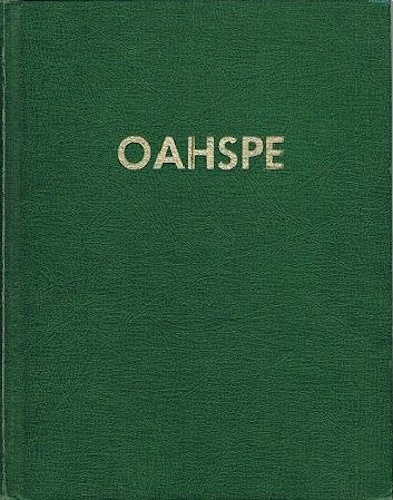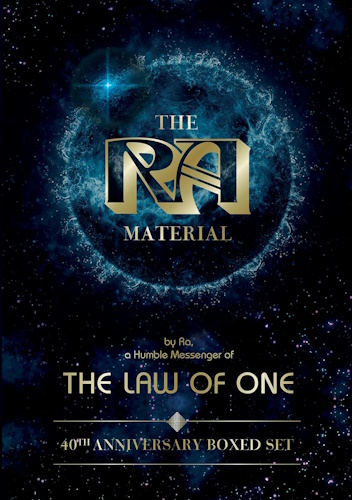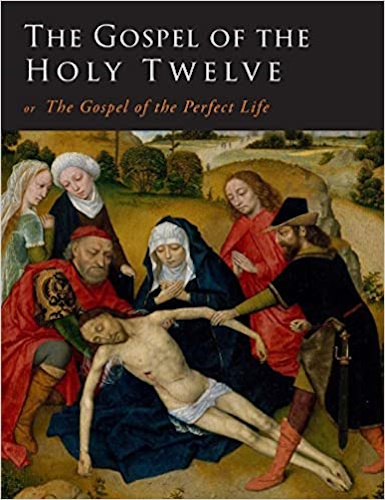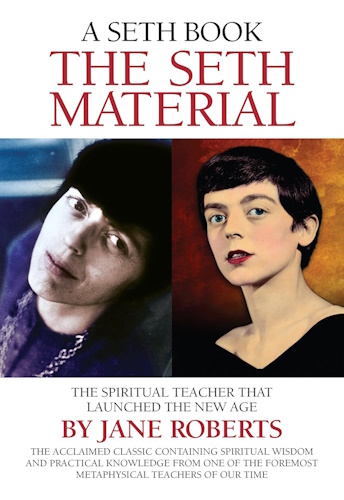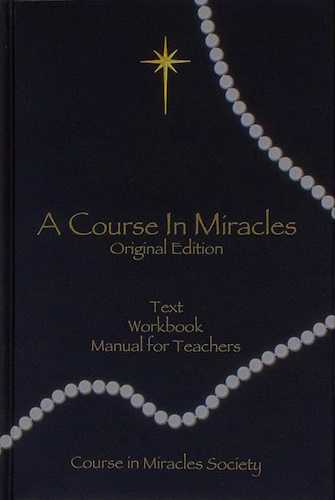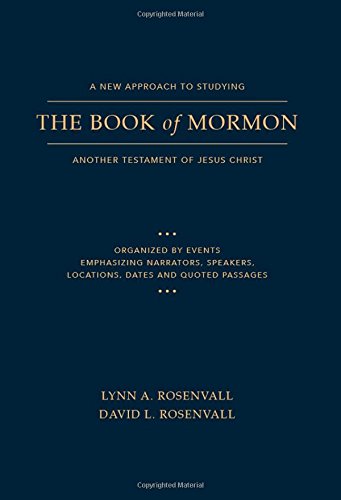
![]()
![]()
Book of Saphah
Fonece
(THE SEVENTH DEGREE IN THE ORDER OF ISRAEL.)
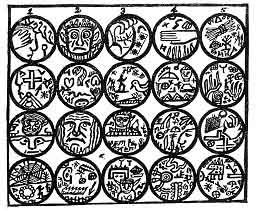
Plate 78.--TABLET OF FONECE.
[Begin at 1, and read downward; then at 2, etc.]
1. MASTER: Who art thou?
2. PUPIL: A Son of Light. Behold the sign and emblem.
3. What sawest thou in the light?
4. The altar of Eolin.
5. What was the fashion thereof?
6. The altar of incense and altar-fire rose up before me. The wind ascended and the stars shone in the firmament. A tree grew by the battlement and the black evil crossed the south-west. In the midst stood the cross of Eolin, studded with pearls and diamonds.
7. What more sawest thou?
8. In the south-east floor of the temple, satan, black with the smoke of blood and war, demanded my surrender. And he drew forth the flaming sword.
9. What didst thou?
10. I said, I pray to none but the Ever Present Creator. In Him I have faith. Thou I fear not.
11. What next?
12. I came to the chamber of industry and I was taught a useful trade. After that I traveled north-west.
13. And was honored for thy good work and love of peace, I suppose?
14. Nay, Master. I was confronted by a crowned king. He bade me halt, and ordered me to pray to the God he served. I remonstrated, saying: I only pray to the Great Spirit, trusting only in good works done unto all men. Thereupon he flew into a rage, saying: Thou art the worst of men; thy soul shall feed the fires of hell. With that he hurled a javelin at me.
15. I escaped and traveled north, and came to a country most rich and prosperous, where many Israelites had gone before me.
16. Why didst thou not tarry there?
17. I did, for a season, but warriors came and possessed the land and drove the Israelites away.
18. What next?
19. I fled to the north-east, and came amongst savages, where I barely escaped being slain and feasted upon.
20. Which direction, then?
21. I traveled east and came into a country old in religion and philosophy. They had great riches for the rich and great poverty for the poor. Their philosophers wasted their time in reading the ancients.
22. Why didst thou not remain with them?
23. I was too poor to live with the rich, and too ambitious to live with the poor, who were little better than slaves.
24. Whither next didst thou travel?
25. Toward the north part of the middle kingdom, where I came amongst magicians and necromancers.
26. What of them?
27. They consulted the stars, and the moon, and the palms of their hands, and called up the spirits of the dead, who did appear before them. There was no industry amongst them, and I could find no employment with them. Neither did they assist one another.
28. Where next?
29. I went further south, where I came to an uninhabited country, the most favored under the sun. It was a place of joy and praise, filled with beautiful rivers, forests, plains and valleys, and countless singing-birds, all things raising up the ceaseless voice of glory to Great Eolin. Here I sat down and wept.
30. What, wept in so fair a place?
31. Alas, I remembered the crowded cities and warring empires. Here there were no people, and I could not live alone, so I traveled still further south.
32. And certainly found a good place next?
33. Alas, me. The country was good, the climate warm, and all things grew abundantly without labor.
34. And why not most excellent?
35. Voluptuousness was an ocean for them to bathe in. And for all sins, their priests taught them, that, if before they died, they called on Daeves, Son of the sun and Savior of men, they would ascend to the upper heavens on the third day after death. Not myself loving indolence nor lust, I departed out of that country.
36. Whither next?
37. Toward the south-east, coming into a land afflicted with priests, soldiers and beggars. So I fled further east.
38. And what then?
39. I came to a small settlement of Israelites where I was received by warm hands. Here I prepared to settle down in peace during all my days. But the state soon became attractive by its places of learning and the beauty of the gardens and glory of its manufactories. There being no idle people nor beggars amongst us, the idolaters of Hemah, Savior of men, accused us falsely and then declared war on us, and with a powerful army marched upon us, taking all our possessions. I escaped and turned westward once more.
40. Thy fate hath been hard. Why smilest thou?
41. Because, however hard hath been my fate, it is nothing to that which I saw had once befallen another people where I came next.
42. What of them?
43. This was a country once rich in ancient temples and monuments, but now ruined and desolate. Broken pyramids and colonnades, tumbling walls, and thorns and wolves, marked the once habitable places of mighty kings and high priests. By the tablets on the moldering walls I read that these people in ancient times long past were worshipers of idols and of Gods who professed to save the souls of men. And I saw that their pride and glory lay in ships of war and mighty weapons of death. Having myself learned the trade of a potter, I took up an
p. 616
ancient, ruined pot, and read this inscription on it: Because I am a Faithist in the Great Spirit, Eolin, I am enslaved by these idolaters. Alas, what is my crime?
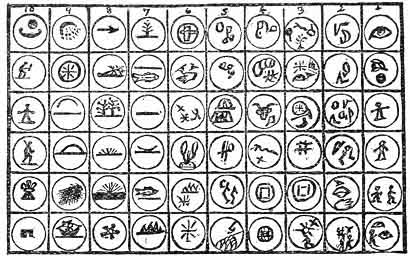
Plate 79.
[Read downward, beginning with column 1. Refer to Se'moin and the other tablets.]
44. Most pitiful place! Whence then?
45. I met a friend whose head had been compressed in infancy in order to make him a prophet. He took me into his private habitation and taught me how the brain and nerves of flesh could be changed in infancy by pressure to make the grown-up man of any character desired. Next he taught me the monotony of sound that brings on the prophetic spell and power to see the unseen. Thus did he expound the philosophy of miracles, even to dying and coming to life again.
46. Wonderful philosophy. Wilt thou show me some of these miracles?
47. I will, O Master, but the secret of their workings I can not show.
(The pupil exhibits.)
48. It is true, O friend! Surely, too, thou hast taught this wisdom to the world?
49. Nay; my teacher sent me south, to a school of prophets, where I learned the mysteries of invocation and prayer.
50. For what purpose hast thou visited my temple?
51. To make pots.
52. What, with all thy wisdom?
53. A useful employment is the highest service to the Maker of all.
54. Thou and thy people shall be my people; my harvests shall be thine; and my gardens and orchards; for He whose eye seeth all, is upon me, and I am His servant.
55. There are three more chambers in my temple: The first preserveth the wisdom of the ancients. The second is the chamber of industry and inventions.
56. In the third and last chamber are the secrets of the fullness of worship. The name of this chamber is Om, because it is here the recipients repose in spirit from all the cares of the earth.
(Signs and pass-words, and form of initiation, withheld from publication, because the rites are still practiced.)
-
Urantia Book, 44:0.11 - The Celestial Artisans
Never in your long ascendancy will you lose the power to recognize your associates of former existences. Always, as you ascend inward in the scale of life, will you retain the ability to recognize and fraternize with the fellow beings of your previous and lower levels of experience. Each new translation or resurrection will add one more group of spirit beings to your vision range without in the least depriving you of the ability to recognize your friends and fellows of former estates.
-
Princess Bride 1987 Wallace Shawn (Vizzini) and Mandy Patinkin (Inigo Montoya)
Vizzini: HE DIDN'T FALL? INCONCEIVABLE.
Inigo Montoya: You keep using that word. I do not think it means what you think it means. -
Urantia Book, 117:4.14 - The Finite God
And here is mystery: The more closely man approaches God through love, the greater the reality -- actuality -- of that man. The more man withdraws from God, the more nearly he approaches nonreality -- cessation of existence. When man consecrates his will to the doing of the Father's will, when man gives God all that he has, then does God make that man more than he is.
-
Urantia Book, 167:7.4 - The Talk About Angels
"And do you not remember that I said to you once before that, if you had your spiritual eyes anointed, you would then see the heavens opened and behold the angels of God ascending and descending? It is by the ministry of the angels that one world may be kept in touch with other worlds, for have I not repeatedly told you that I have other sheep not of this fold?"
-
Urantia Book, Foreword - 0:12.12 - The Trinities
But we know that there dwells within the human mind a fragment of God, and that there sojourns with the human soul the Spirit of Truth; and we further know that these spirit forces conspire to enable material man to grasp the reality of spiritual values and to comprehend the philosophy of universe meanings. But even more certainly we know that these spirits of the Divine Presence are able to assist man in the spiritual appropriation of all truth contributory to the enhancement of the ever-progressing reality of personal religious experience—God-consciousness.
-
Urantia Book, 1:4.3 - The Mystery Of God
When you are through down here, when your course has been run in temporary form on earth, when your trial trip in the flesh is finished, when the dust that composes the mortal tabernacle "returns to the earth whence it came"; then, it is revealed, the indwelling "Spirit shall return to God who gave it." There sojourns within each moral being of this planet a fragment of God, a part and parcel of divinity. It is not yet yours by right of possession, but it is designedly intended to be one with you if you survive the mortal existence.
-
Urantia Book, 1:4.1 - The Mystery Of God
And the greatest of all the unfathomable mysteries of God is the phenomenon of the divine indwelling of mortal minds. The manner in which the Universal Father sojourns with the creatures of time is the most profound of all universe mysteries; the divine presence in the mind of man is the mystery of mysteries.
-
Urantia Book, 1:4.6 - The Mystery Of God
To every spirit being and to every mortal creature in every sphere and on every world of the universe of universes, the Universal Father reveals all of his gracious and divine self that can be discerned or comprehended by such spirit beings and by such mortal creatures. God is no respecter of persons, either spiritual or material. The divine presence which any child of the universe enjoys at any given moment is limited only by the capacity of such a creature to receive and to discern the spirit actualities of the supermaterial world.
-
Urantia Book, 11:0.1 - The Eternal Isle Of Paradise
Paradise is the eternal center of the universe of universes and the abiding place of the Universal Father, the Eternal Son, the Infinite Spirit, and their divine co-ordinates and associates. This central Isle is the most gigantic organized body of cosmic reality in all the master universe. Paradise is a material sphere as well as a spiritual abode. All of the intelligent creation of the Universal Father is domiciled on material abodes; hence must the absolute controlling center also be material, literal. And again it should be reiterated that spirit things and spiritual beings are real.
-
Urantia Book, 50:6.4 - Planetary Culture
Culture presupposes quality of mind; culture cannot be enhanced unless mind is elevated. Superior intellect will seek a noble culture and find some way to attain such a goal. Inferior minds will spurn the highest culture even when presented to them ready-made.
-
Urantia Book, 54:1.6 - True And False Liberty
True liberty is the associate of genuine self-respect; false liberty is the consort of self-admiration. True liberty is the fruit of self-control; false liberty, the assumption of self-assertion. Self-control leads to altruistic service; self-admiration tends towards the exploitation of others for the selfish aggrandizement of such a mistaken individual as is willing to sacrifice righteous attainment for the sake of possessing unjust power over his fellow beings.
-
Urantia Book, 54:1.9 - True And False Liberty
How dare the self-willed creature encroach upon the rights of his fellows in the name of personal liberty when the Supreme Rulers of the universe stand back in merciful respect for these prerogatives of will and potentials of personality! No being, in the exercise of his supposed personal liberty, has a right to deprive any other being of those privileges of existence conferred by the Creators and duly respected by all their loyal associates, subordinates, and subjects.
-
Urantia Book, 54:1.8 - True And False Liberty
There is no error greater than that species of self-deception which leads intelligent beings to crave the exercise of power over other beings for the purpose of depriving these persons of their natural liberties. The golden rule of human fairness cries out against all such fraud, unfairness, selfishness, and unrighteousness.
